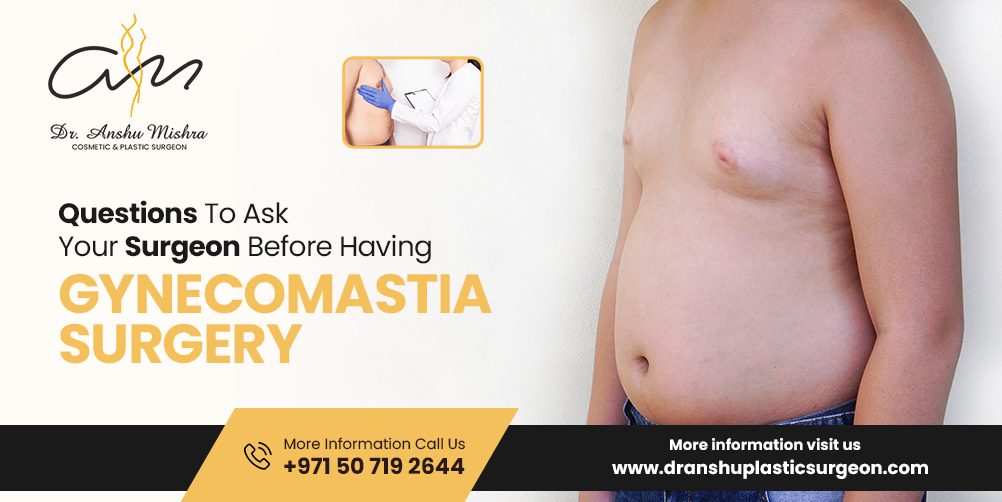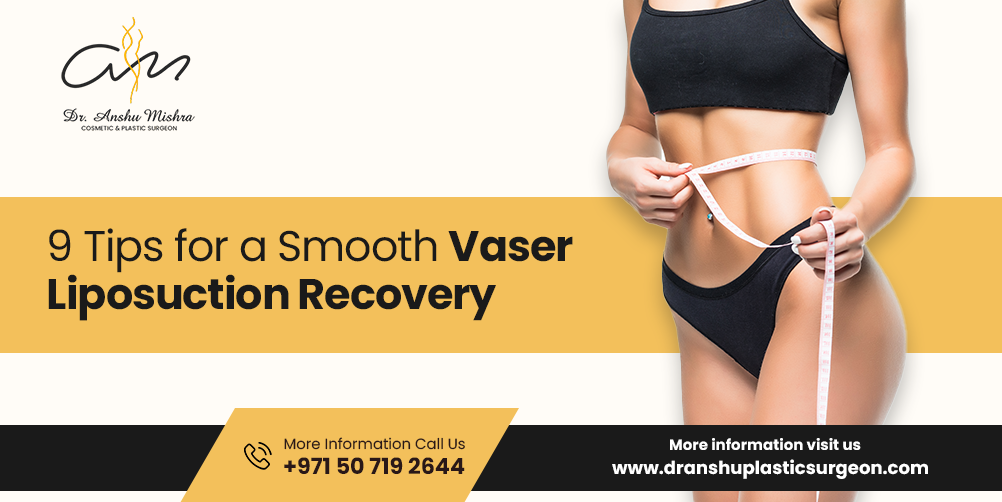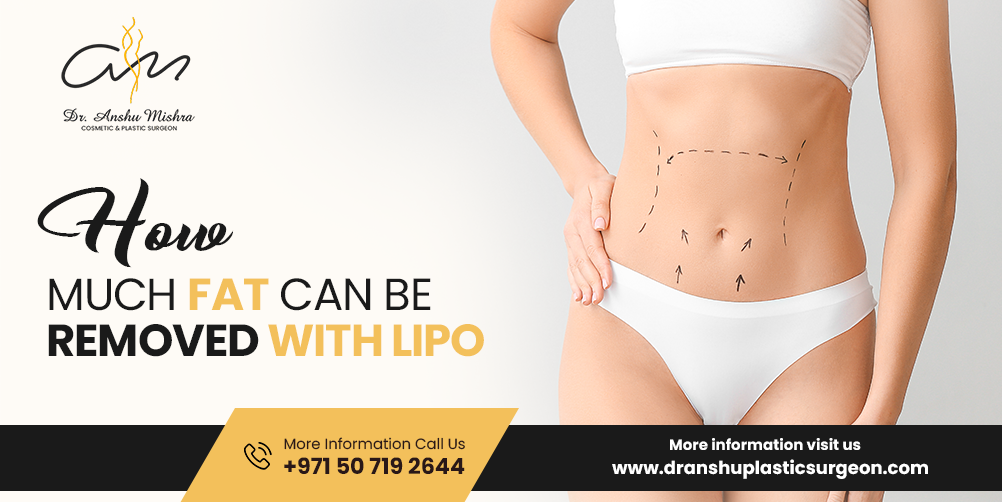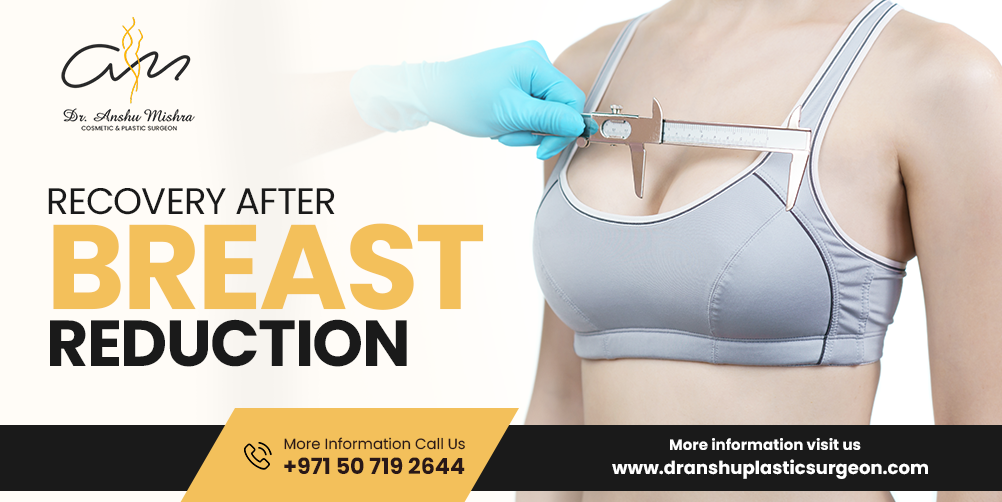Only after giving serious thought to any questions and concerns the patient may have, the choice to proceed with male breast reduction surgery or gynecomastia treatment should be offered to them. After suggesting it, the patient will have the chance to ask questions to ask before gynecomastia surgery at the initial appointment.
Patients who have total clarity will feel more at ease making their decisions and ultimately experience higher levels of satisfaction with their results. A committed surgeon will accurately and thoroughly answer all of the patient’s inquiries. Patients in Dubai may have gynecomastia surgery from the board-certified plastic surgeon Dr. Anshu Mishra.
You should ask the following questions at your initial gynecomastia consultation with the doctor . This would help you understand the various causes, grade of gynecomastia and the appropriate treatment.
Table of Contents
ToggleQuestions To Ask Before Gynecomastia Surgery
-
Why does gynecomastia occur?
-
- Gynecomastia can have a variety of reasons, including the use of anabolic steroids, underlying hormonal imbalances, genetics, liver illness, and certain drugs. Idiopathic, or the absence of a known cause, is among the most frequent causes, nevertheless. The majority of guys in this category become aware of it during adolescence. Up to 40% of boys going through puberty may have increased breast tissue development, according to certain studies. While the great majority of these instances correct on their own within a few years, the remaining men will continue to experience chronic gynecomastia.
-
What surgical treatments are available to treat gynecomastia?
-
- The optimal surgical approach is determined by four criteria: What is the location of the nipple and are there any extra breast, fatty, or skin tissues present? The optimal method depends on how many of these elements are present. The best course of action for enlarged breast glandular tissue is excision since liposuction cannot remove breast tissue. Liposuction is the most effective procedure for fatty tissue. In addition to the breast and/or fatty tissue, more incisions would be required to be done to treat any extra skin or low nipple position.
-
Can gynecomastia be treated without surgery?
-
- Research is being done on the use of drugs that inhibit oestrogen receptors, such as Clomid or Tamoxifen, to treat gynecomastia. However each patient experienced a reduction in breast tissue size to a different extent, and in some, the reduction returned after the drugs were stopped. Furthermore, mood swings, reduced libido, vomiting, nausea, bowel movements, are some adverse reactions linked to the drugs.
-
What risks come with having surgery?
-
- Find more about the possible consequences and side effects of your gynecomastia surgery.. The most frequent dangers associated with gynecomastia surgery are as follows:
- Hematoma
- Seroma
- Breast contour or shape irregularities
- The risks associated with anaesthesia
- Breast asymmetry
- Poor wound healing
- Possibility of revision surgery
- Scarring
- Changes in nipple sensation which can be temporary or permanent
- Infection
- Find more about the possible consequences and side effects of your gynecomastia surgery.. The most frequent dangers associated with gynecomastia surgery are as follows:
-
What preparations should I make before my surgery?
-
- To make sure you’re fit for surgery, a few medical tests will be required of you. Your surgeon might ask you to stop a few medicines before surgery. You should also stop smoking and alcohol intake at least 2 weeks before and after the surgery.
-
Can gynecomastia return following surgery?
-
- Gynecomastia shouldn’t recur as long as your hormone balance remains unchanged. Recurrences can be brought on by the use of steroids or the development of any kind of hormonal imbalance following surgery (caused by drugs or endocrine diseases).
-
How long does it take to recover after surgery?
-
- The operation is performed as an outpatient. The majority of patients will miss four to five days of work. Severe pain is uncommon in patients; most have mild to moderate pain. It is recommended that patients refrain from heavy exercise for four to five weeks, although mild activity and walking can be resumed right away.
-
Will I have visible scars?
-
- Part of having reasonable expectations for surgery is knowing what to anticipate from the scars and how they will look over time. If your scars are more noticeable than you anticipated, ask about your choices for scar correction. There can be post-surgery scars, depending on the technique your surgeon utilized. This, as well, will be dependent on your health and genetics.
FAQs
If a patient is unhappy with the outcome, how are revision operations handled?
How long does it take to heal after gynecomastia surgery, and when can one expect to see results?
What possible dangers and side effects may gynecomastia surgery cause?
How is the optimal surgical strategy for gynecomastia treatment determined?
How are scars treated following surgery for gynecomastia?
What needs to be done in advance of having gynecomastia surgery?















